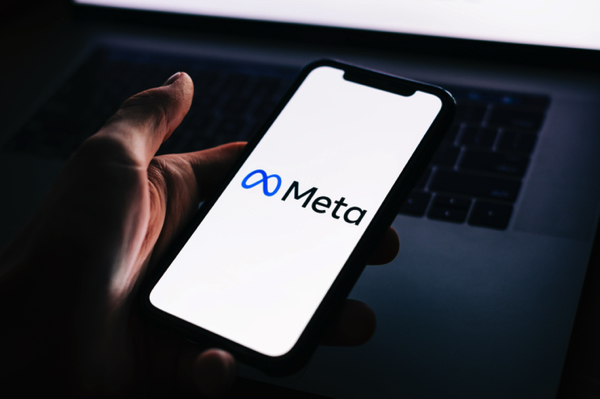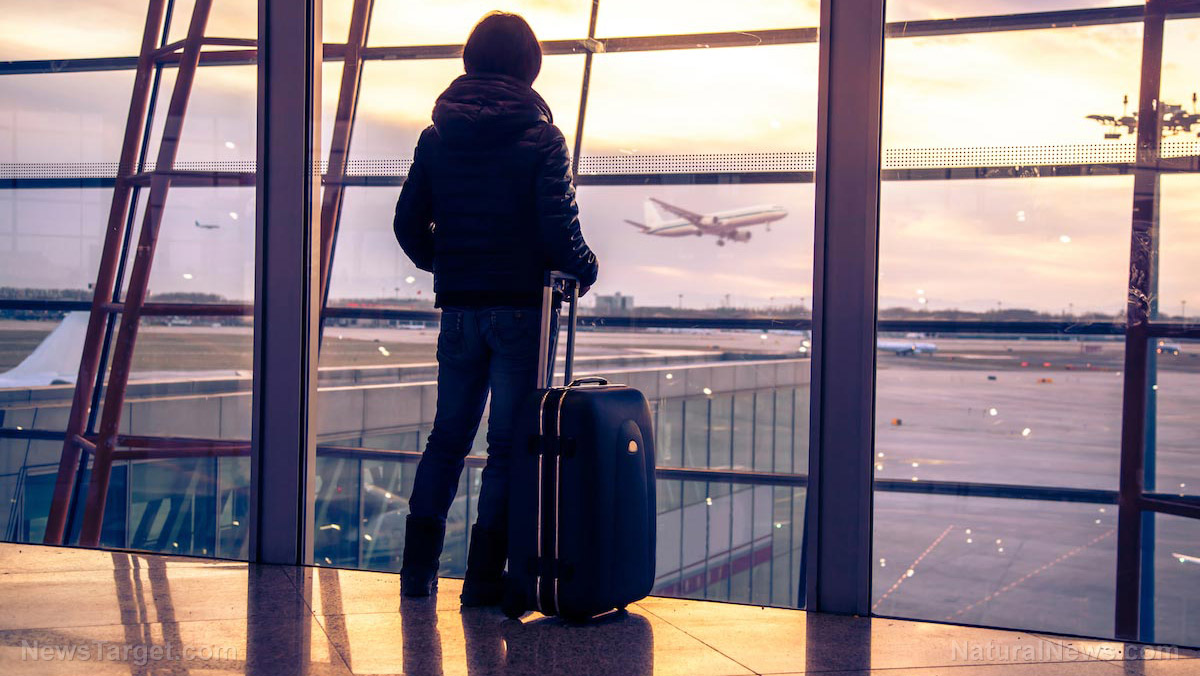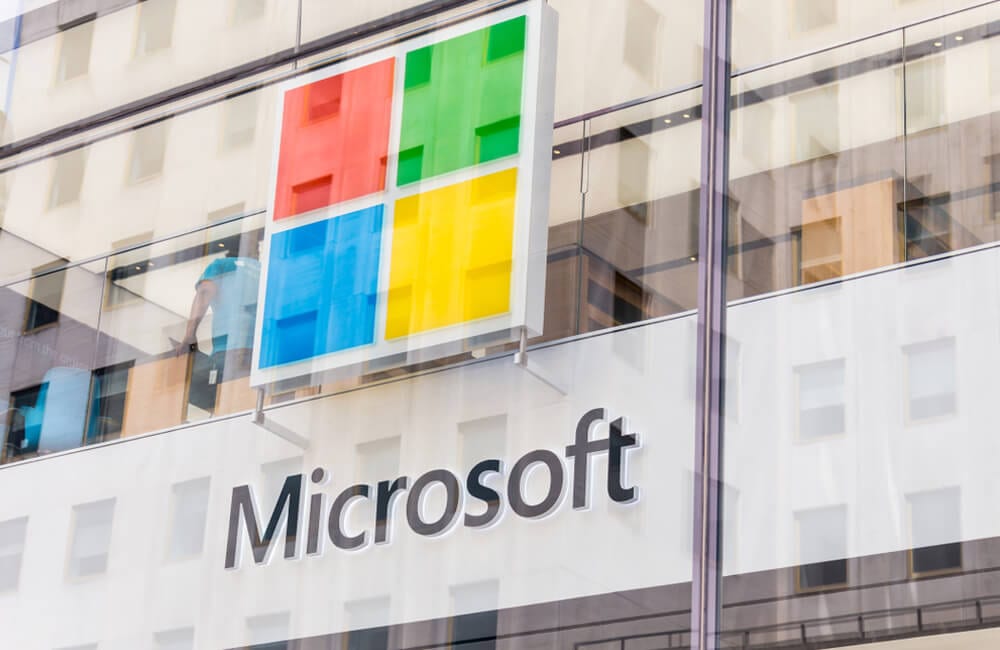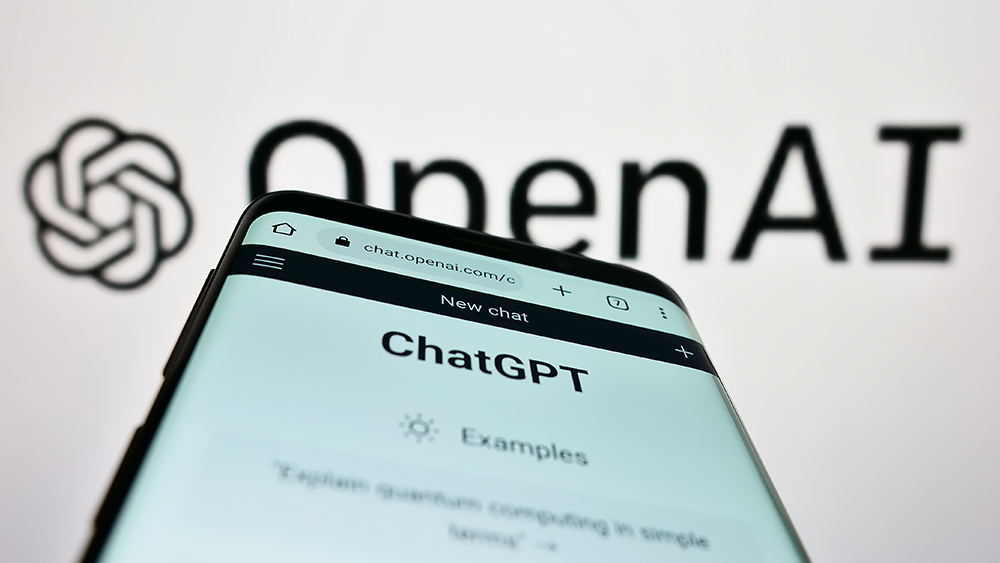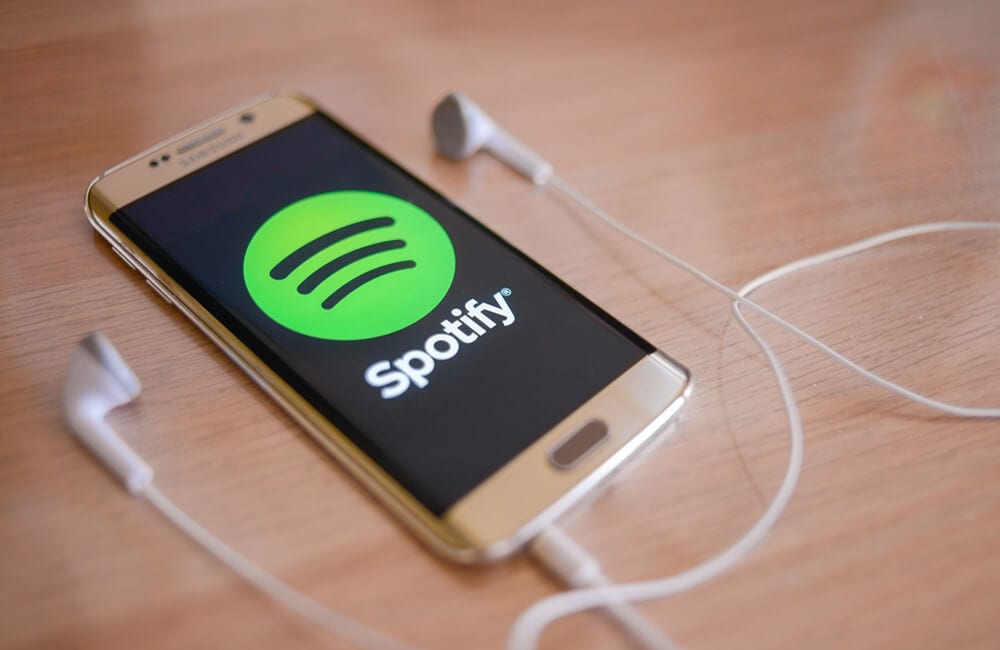US stands up to Great Britain’s authoritarianism, censorship, and speech police
08/15/2025 / By Lance D Johnson
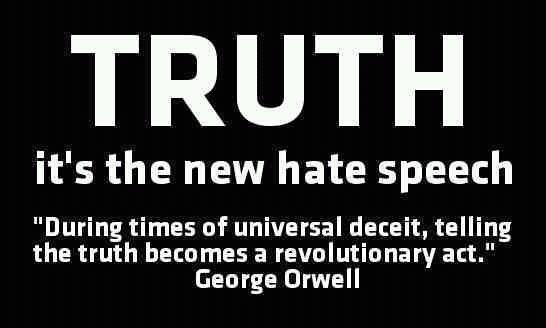
Imagine a world where a silent prayer lands you in court, where a meme earns you a prison sentence, and where the government monitors your social media posts—not for threats of violence, but for wrong-think. This isn’t the plot of a dystopian novel; it’s modern Britain, where the once-cherished principles of free expression are being dismantled brick by brick under the guise of “safety” and “protection.” The United States State Department, in a scathing indictment of the UK’s rapidly deteriorating free speech landscape, has sounded the alarm: Britain is no longer a beacon of democratic values but a cautionary tale of how quickly liberty can erode when power-hungry officials decide what truths are permissible. The Online Safety Act, sold to the public as a shield for children, has instead become a sword wielded against dissenters, journalists, and even silent protesters. And if America doesn’t take heed, the same forces of censorship will soon knock on our doors.
The irony is bitter. The nation that gave the world the Magna Carta, that stood defiant against tyranny in two world wars, now arrests citizens for posting memes, jails mothers for social media comments, and threatens prayerful grandfathers with fines. This isn’t just a slippery slope—it’s a free-fall into authoritarianism, disguised as progressive governance. The question isn’t whether Britain has lost its way; it’s whether the rest of the world will follow.
Key points:
- The US State Department’s 2024 Human Rights Report explicitly condemns Britain’s Online Safety Act, calling it a tool of government censorship that suppresses political and religious speech under the pretense of child protection.
- Lucy Connolly, a mother and former childcare giver, is serving a 2.5-year prison sentence for a single social media post—her appeal rejected in July—while Adam Smith-Connor, a British Army veteran, was fined £9,000 for silently praying near an abortion clinic.
- The UK government monitored and flagged “concerning narratives” through a secretive Whitehall unit, threatening arrests to chill public debate, particularly after the Southport murders, where officials silenced discussions about the attacker’s background.
- Ofcom, Britain’s media regulator, now has sweeping powers to fine tech companies up to 10% of global revenue (or £18 million) if they fail to censor “harmful” content—including political debates and criticism of government policies.
- The Online Safety Act criminalizes “false communications” with vague definitions, allowing prosecutors to target satire, memes, and dissenting opinions while exempting mainstream media—creating a two-tiered system of free speech.
- US officials, including Vice President JD Vance, have privately met with persecuted UK activists, warning that Britain’s crackdown on speech is a direct threat to American values and could embolden global censorship efforts.
- The EU’s Digital Services Act and the UK’s Online Safety Bill are part of a coordinated global push to police online speech, with former Big Tech executives now leading censorship bodies, raising conflicts of interest.
- Encryption and privacy are under attack, as the law pressures platforms to weaken security in the name of “safety,” leaving users vulnerable to government surveillance.
From Magna Carta to memory holes: How Britain betrayed its legacy
There was a time when Britain stood as a bulwark against tyranny. The Magna Carta, signed in 1215, was one of history’s first declarations that even kings were not above the law. Centuries later, British thinkers like John Locke and John Stuart Mill shaped the very foundations of free speech, arguing that the marketplace of ideas—no matter how messy—was essential to a functioning democracy. Yet today, the descendants of those same philosophers are being arrested for memes, jailed for prayers, and silenced for questioning official narratives.
The Online Safety Act, passed in 2023 and enforced in 2024, is the crown jewel of this authoritarian transformation. Sold as a measure to protect children from online harms, the law instead grants Ofcom—Britain’s state media regulator—unprecedented power to dictate what can and cannot be said online. Companies that fail to comply face fines of up to 10% of their global revenue—a financial death sentence for any platform that resists. But the real targets aren’t just corporations; they’re ordinary citizens who dare to challenge the government’s version of reality.
Take Lucy Connolly, a 48-year-old mother and wife of a Conservative councillor. Her crime? Posting a single message on X (formerly Twitter) in the aftermath of the Southport murders, where three young girls were stabbed to death. The government, desperate to suppress discussions about the attacker’s background, pounced. Connolly was arrested, convicted, and sentenced to 2.5 years in prison. Her appeal was rejected in July, ensuring she remains behind bars until late August. This isn’t justice—it’s political persecution, a warning to others that dissent will be punished.
Then there’s Adam Smith-Connor, a British Army veteran who was fined £9,000 for the crime of silent prayer near an abortion clinic. No protest signs, no shouting—just standing in quiet reflection. Yet under Britain’s “buffer zone” laws, even thought itself is now policed. His case drew international attention, with US Vice President JD Vance citing it in a speech in Munich as evidence of Britain’s “alarming decline in free expression.” In March, Smith-Connor met with US State Department officials, who confirmed what many already feared: Britain is systematically eroding religious and political freedoms.
The Southport murders became a turning point. After the attack, Director of Public Prosecutions Stephen Parkinson issued a chilling warning: anyone who “reposts, repeats, or amplifies” messages deemed “false or inciting hatred” could face prosecution and extradition. The government even released a propaganda video urging citizens to “Think before you post!”—a not-so-subtle threat that Big Brother is watching. Arrests followed, though some charges were later dropped, revealing a pattern of selective enforcement designed to intimidate the public into silence.
The censorship industrial complex: How governments and Big Tech collude to control speech
Britain’s descent into authoritarianism didn’t happen in a vacuum. It’s part of a global crackdown on free speech, where governments and Big Tech oligarchs work hand in hand to define, monitor, and punish “unacceptable” opinions. The Online Safety Act is just one piece of a much larger puzzle—a censorship industrial complex that spans continents.
In the European Union, the Digital Services Act (DSA) imposes similar restrictions, forcing platforms to remove “misinformation” or face massive fines. The law explicitly targets “divisive material”, including criticism of COVID-19 policies and skepticism of official narratives. Meanwhile, the UK’s Online Safety Bill goes even further, criminalizing “false communications” with prison sentences of up to 51 weeks. The problem? No clear definitions of what constitutes “false,” “harmful,” or “reasonable excuse.” In practice, this means prosecutors and algorithms—not juries—decide what’s allowed.
Worse still, the enforcers of these laws are often former Big Tech insiders. The UK’s Office of Communications (Ofcom) is now led by Gill Whitehead, a former Google executive. Other top regulators have ties to Meta and Amazon, creating a revolving door between Silicon Valley and the censorship state. This isn’t just regulatory capture—it’s a hostile takeover of free speech by the same corporations that profit from controlling information.
The US State Department’s report highlights another disturbing trend: the weaponization of “hate speech” laws to target political opponents. In Britain, pro-life activists, immigration critics, and COVID-19 skeptics have all been arrested, fined, or imprisoned for peaceful expression. The selective enforcement is glaring—while anti-Semitic threats (rightfully condemned) are met with outrage, a meme about knife crime can land you in jail for eight weeks.
And let’s not forget the encryption kill switch. The Online Safety Act includes provisions that pressure tech companies to weaken encryption, ostensibly to catch “harmful” content. But as digital rights experts warn, this destroys user privacy, making everyone vulnerable to government surveillance. If Britain can monitor private messages for “wrongthink,” what’s to stop other nations—or even the US—from doing the same?
America’s moment of reckoning: Will we follow Britain’s path or resist the censorship tide?
The US State Department’s report isn’t just a condemnation of Britain—it’s a warning to America. The same censorship mechanisms being deployed in the UK are already taking root here. The Biden administration has been accused of colluding with social media platforms to suppress dissent, particularly on COVID-19 policies and election integrity. The Federal Trade Commission (FTC) has proposed new digital oversight bureaus, and Congress has floated bills that would gut Section 230—the law that protects free speech online.
If Britain’s Online Safety Act is any indication, America could be next. The playbook is the same:
- Pass laws under the guise of “safety.”
- Empower regulators to define “harmful” speech.
- Fine and intimidate platforms into compliance.
- Arrest and prosecute dissenters to set an example.
The only thing standing in the way is public resistance. The US State Department’s strong stance—delayed and strengthened under Trump-appointed officials—shows that some in Washington still understand the stakes. But will Congress, the courts, and the American people push back before it’s too late?
The fight for free speech is the fight for democracy itself. Britain’s authoritarian turn didn’t happen overnight—it was the result of years of complacency, of trusting governments and corporations to define the boundaries of acceptable thought. Now, prayer is a crime, memes are “hate speech”, and truth is whatever the state says it is.
America must learn from Britain’s mistakes. We must reject censorship in all its forms, whether it comes from London, Brussels, or Washington. The first casualty of tyranny is always the truth. The question is: Will we let it die without a fight?
Sources include:
Docs.ReclaimtheNet.org [PDF]
Submit a correction >>
Tagged Under:
Adam Smith-Connor silent prayer, big tech collusion, British authoritarianism, British police state, COVID-19 misinformation crackdown, digital rights erosion, encryption kill switch, EU Digital Services Act, free speech crisis, government speech policing, Lucy Connolly imprisonment, Ofcom tyranny, Online Safety Act, political persecution, pro-life censorship, Section 230 threats, Southport murders cover-up, two-tiered free speech, UK censorship laws, US State Department report
This article may contain statements that reflect the opinion of the author
RECENT NEWS & ARTICLES
COPYRIGHT © 2017 PRIVACY WATCH NEWS









